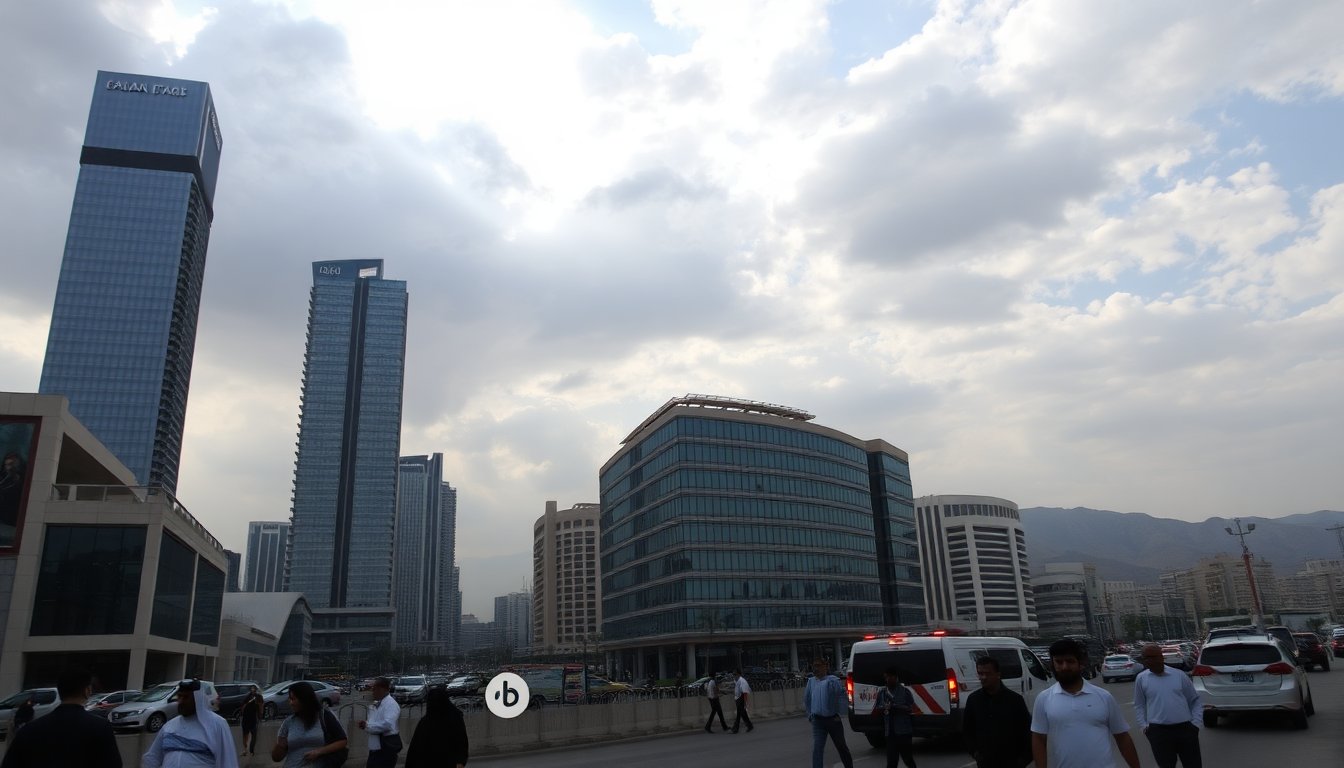Table of Contents
The Middle East has historically been a region marked by tensions, shaped by both historical grievances and current geopolitical maneuvers. Recent incidents, such as an Israeli strike on Qatar, have raised important questions about the reliability of US security guarantees in the area. As the situation evolves, understanding the implications of these developments is crucial for both regional and global stability.
Recent Escalations and Their Implications
The Israeli strike on Qatar represents a significant moment in Middle Eastern geopolitics. This action highlights Israel’s readiness to exert military influence and raises doubts about the reliability of US security assurances. The consequences of such strikes are substantial, potentially escalating tensions among neighboring nations and igniting broader conflicts.
Israeli Prime Minister Netanyahu’s aims to “redraw the map of the Middle East” reflect a more assertive foreign policy. This strategy, alongside ongoing military operations in Gaza, raises concerns about the region’s long-term stability. The recent increase in violence, including shootings in Jerusalem, is viewed by many as collective punishment, provoking outrage and resistance within the Palestinian territories.
The Role of the United States and International Reactions
The United States has traditionally acted as a stabilizing force in the Middle East; however, recent criticism suggests an increasing perception of complicity in Israel’s actions during the Gaza conflict. Calls for the US to reevaluate its role emphasize the complexities of international alliances and the delicate balance of power in the region.
Additionally, the current situation places Egypt in a challenging position as it navigates its diplomatic relations with both Israel and the United States. The Egyptian government faces domestic pressures while trying to uphold its strategic alliance with the US, complicating its response to the ongoing conflict.
Future Outlook and the Ongoing Struggle for Peace
As Israel continues its operations in Gaza with what some describe as “absolute impunity,” the chances for lasting peace appear increasingly dim. The ongoing conflict not only worsens humanitarian crises but also amplifies anti-Israel sentiments throughout the Arab world.
Looking forward, the international community confronts significant challenges in mediating a resolution. The dynamics of regional power, along with external influences from global superpowers, will play a crucial role in shaping the future of Middle Eastern geopolitics. Comprehending these complexities is essential for anyone interested in the evolving landscape of international relations.


